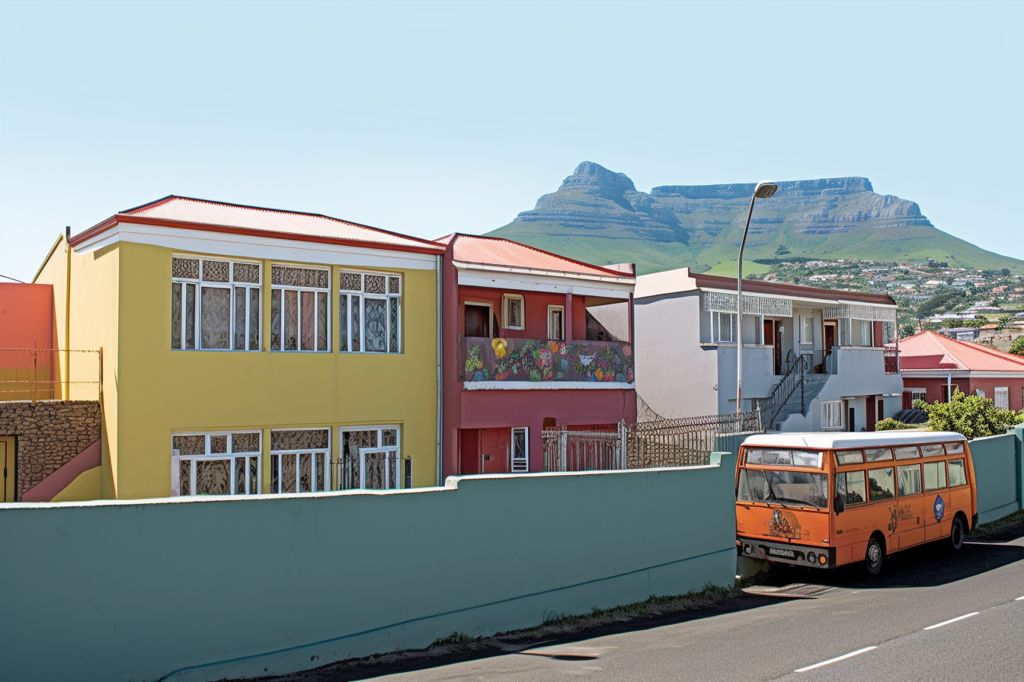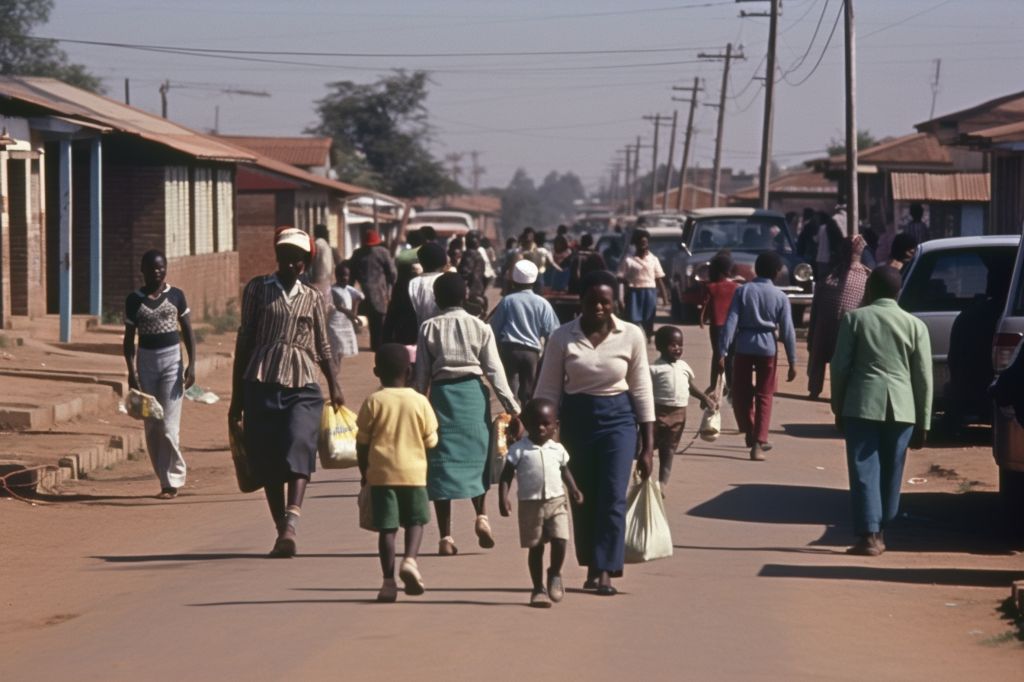Cape Town’s District Six was once a vibrant and diverse community, a melting pot of cultures and traditions. Before its residents were forcibly removed during apartheid, the area was home to over 60,000 people, including Cape Malay, Indian, and African communities. The District was a hub of creativity and artistic expression, with jazz clubs, theaters, and dance halls. Today, much of the area remains underdeveloped, a reminder of the devastating impact of apartheid on this once-thriving community.
The Vibrant History of District Six
District Six was established in the late 19th century as a mixed-race area, with residents living close to each other. As the population grew, the area became a melting pot of cultures and traditions, with residents from various ethnic and religious backgrounds. The District was known for its lively music and dance scene, with jazz clubs and dance halls frequented by locals and visitors alike.
In the 1960s, the apartheid government declared District Six a “whites-only” area and forcibly removed over 60,000 residents. The removal process was brutal and traumatic, with families torn apart and people losing their homes and livelihoods. Finally, the area was declared a “white group area” and was bulldozed to the ground, leaving a vast space where a thriving community once existed.
The Struggle for Restitution
Since the end of apartheid, ongoing efforts have been to rebuild and restore District Six. The District Six Museum, located in the heart of the area, is a testament to the community that once existed there. The museum is dedicated to preserving the memory of District Six and the people who lived there and told the story of the area’s history and legacy.
Despite these efforts, much of District Six remains undeveloped, with large areas of vacant land where homes once stood. The restitution process has been slow, with many former residents still waiting to return to the site. The District has become a symbol of the ongoing struggle for social justice and restitution in South Africa.
The Importance of Preserving Heritage
The history and heritage of District Six are integral to Cape Town’s identity and cultural heritage. The area was once a vibrant and diverse community, and its legacy is an important reminder of the impact of apartheid on South Africa’s history and society. Furthermore, preserving the memory of District Six is crucial in ensuring that future generations understand the importance of social justice and the ongoing struggle for restitution.
The struggle for restitution in District Six is ongoing, but progress has been made in recent years. The District Six Museum and other heritage sites in the area serve as a reminder of the rich history and cultural heritage of the community that once existed there. We must continue to support efforts to restore and rebuild District Six and ensure that the memory of the area and its people is preserved for future generations.








